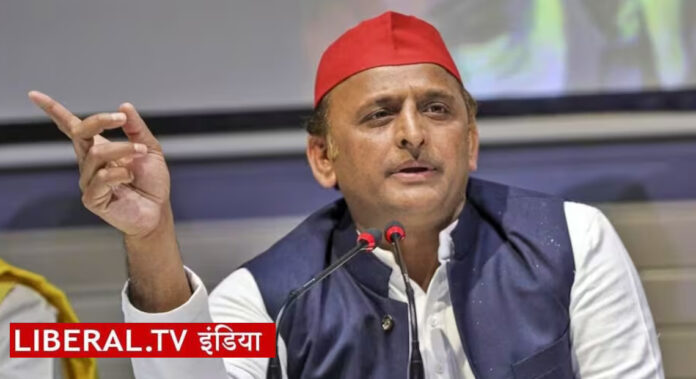In a heated exchange that underscores the complexities of Indian political alliances, Akhilesh Yadav, leader of the Samajwadi Party, recently called on Bihar Chief Minister Nitish Kumar to sever ties with the BJP-led National Democratic Alliance (NDA). Yadav’s remarks came during a gathering of his party workers in Lucknow, where he expressed discontent with the NDA’s governance. However, KC Tyagi, a senior leader of Kumar’s Janata Dal (United), swiftly countered Yadav’s stance, reminding him of the historical context surrounding the Emergency imposed by Indira Gandhi’s Congress party in 1975.
Tyagi emphasized that it was Yadav, not Kumar, who should reconsider his alliance with the Congress due to its historical record of curtailing democratic freedoms. He highlighted that both Yadav and Kumar’s fathers were imprisoned during the Emergency, suggesting that Yadav’s criticism lacked historical perspective. “The movement led by Jai Prakash Narayan was against the ‘dictatorship’ of the Congress,” Tyagi noted, reinforcing the sentiment that past grievances should inform current political affiliations.
This exchange illustrates the delicate balance within the opposition coalition, known as the INDIA bloc, which includes the Samajwadi Party and Congress. In the recent Lok Sabha elections, this alliance managed to secure 43 out of 80 seats in Uttar Pradesh, significantly diminishing the BJP’s hold in the state. Yet, despite the BJP’s continued dominance at the national level, it relies heavily on its allies, with the JD(U)’s 12 seats proving crucial for maintaining power.
As political rhetoric heats up, the tensions between these historical narratives and contemporary alliances will shape the future of opposition politics in India. The question remains: how will these parties reconcile their pasts to forge a united front against a resurgent BJP? The evolving dynamics within the opposition coalition will be critical as they prepare for the challenges ahead.



